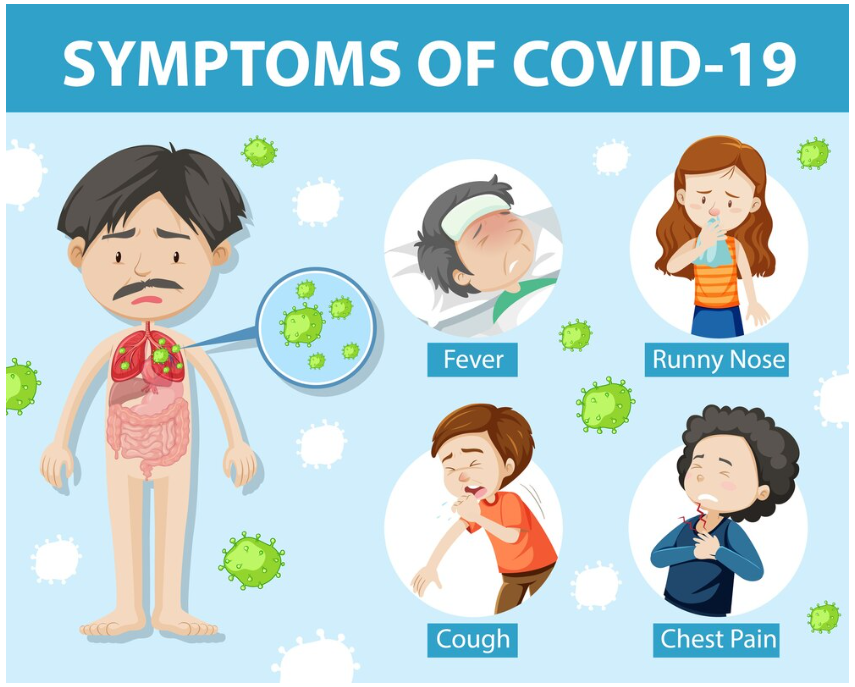
Symptoms Associated with Dry Cough
Title: Understanding Dry Cough Symptoms: What to Look Out For Ah, the dry cough – that persistent tickle in your throat that just won’t quit. But what other symptoms might accompany this irritating cough? Let’s explore in simple terms.
- Throat Irritation: A dry cough often starts with a scratchy or tickly sensation in the throat. You may feel the need to clear your throat frequently, but no matter how much you cough, it doesn’t seem to help.
- Hoarseness: As the dry cough persists, you may notice changes in your voice. Your voice may become hoarse or rough, making it difficult to speak or sing as usual.
- Chest Discomfort: Some people with a dry cough may experience discomfort or tightness in the chest. This can feel like a pressure or heaviness in the chest area, making breathing uncomfortable.
- Difficulty Sleeping: A dry cough can worsen at night, making it challenging to get a good night’s sleep. You may find yourself waking up frequently due to coughing fits, leading to fatigue and daytime sleepiness.
- Postnasal Drip: In some cases, a dry cough may be accompanied by postnasal drip, where excess mucus from the nose drips down the back of the throat. This can exacerbate throat irritation and trigger coughing.
- Fatigue: Dealing with a persistent dry cough can be exhausting, both physically and mentally. You may feel tired or run down due to the constant coughing and lack of restful sleep.
- Associated Symptoms: Depending on the underlying cause of the dry cough, you may also experience other symptoms such as fever, runny nose, headache, or body aches.
If you’re experiencing any of these symptoms along with a dry cough, it’s essential to pay attention to your body and seek medical attention if needed. While most cases of dry cough are mild and resolve on their own with time, persistent or severe symptoms may indicate an underlying medical condition that requires treatment.
Your healthcare provider can help determine the cause of your dry cough and recommend appropriate treatment to alleviate your symptoms. By seeking prompt medical attention, you can find relief from your cough and improve your overall quality of life.
To seek medical advice, always consult a Doctor. Here are our recommended experts. Click here
To read more on Respiratory disease . Click Here


